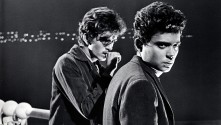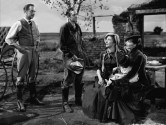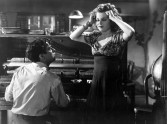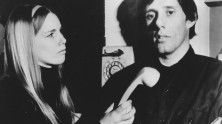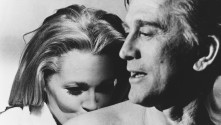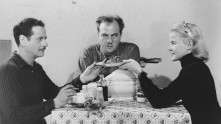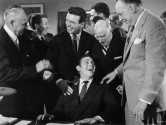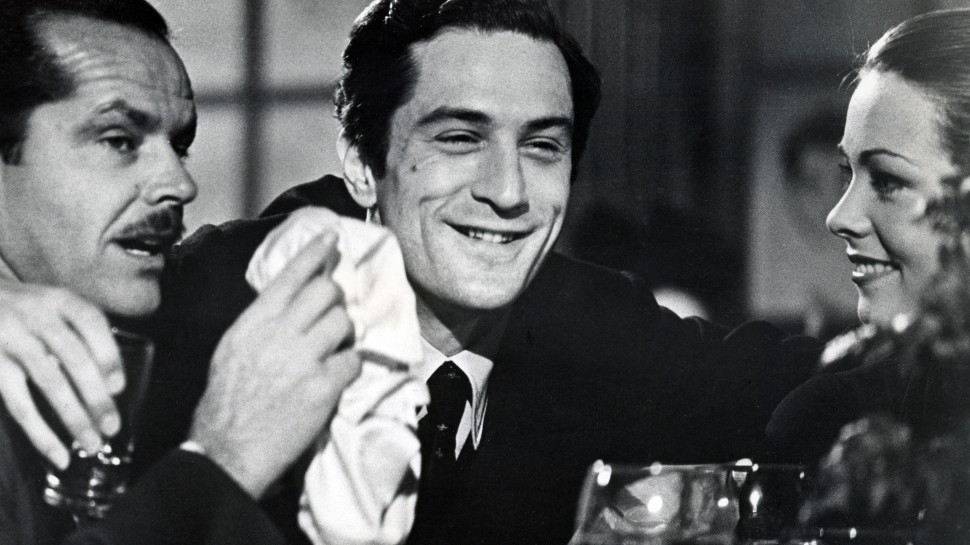
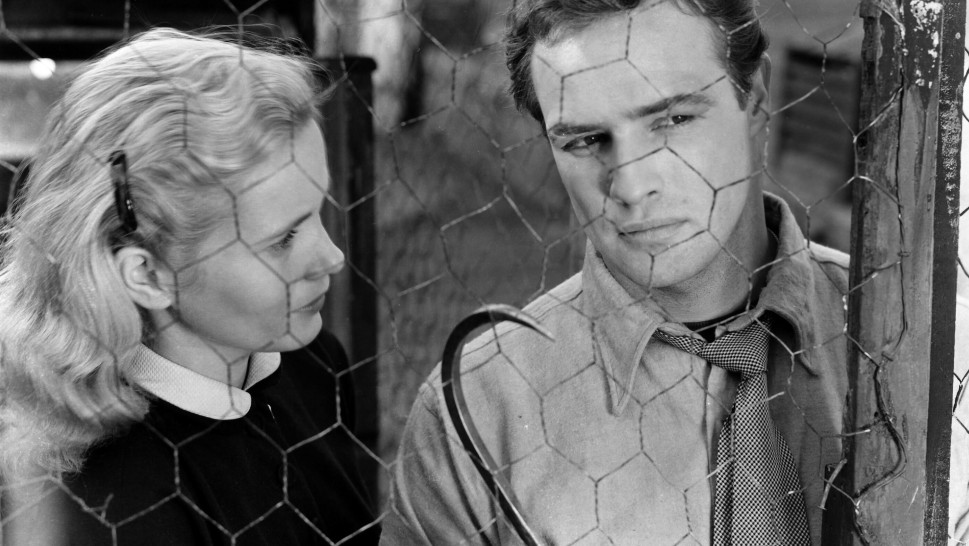
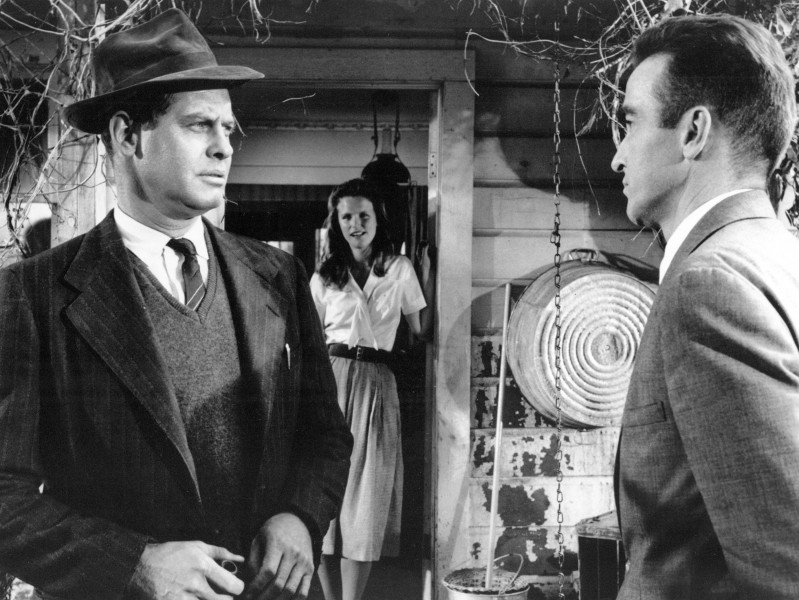
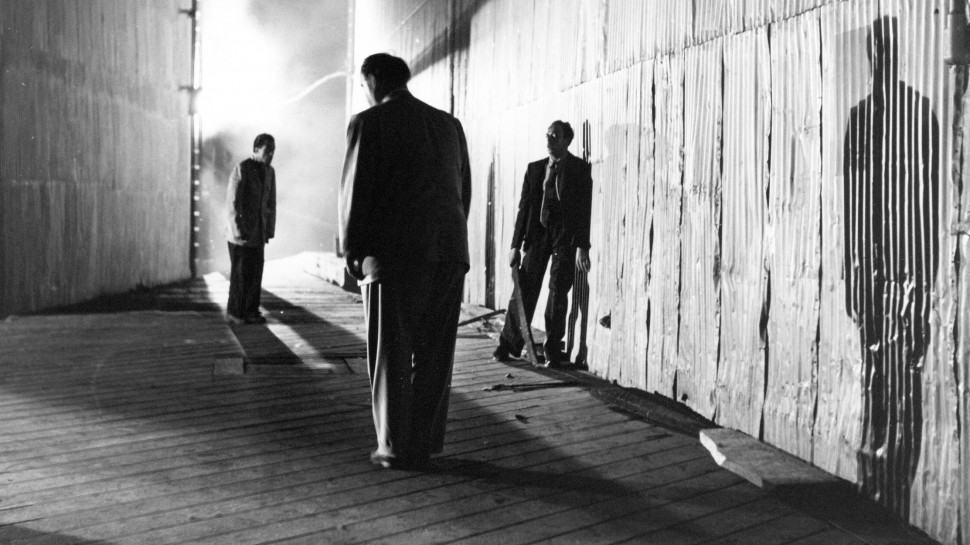
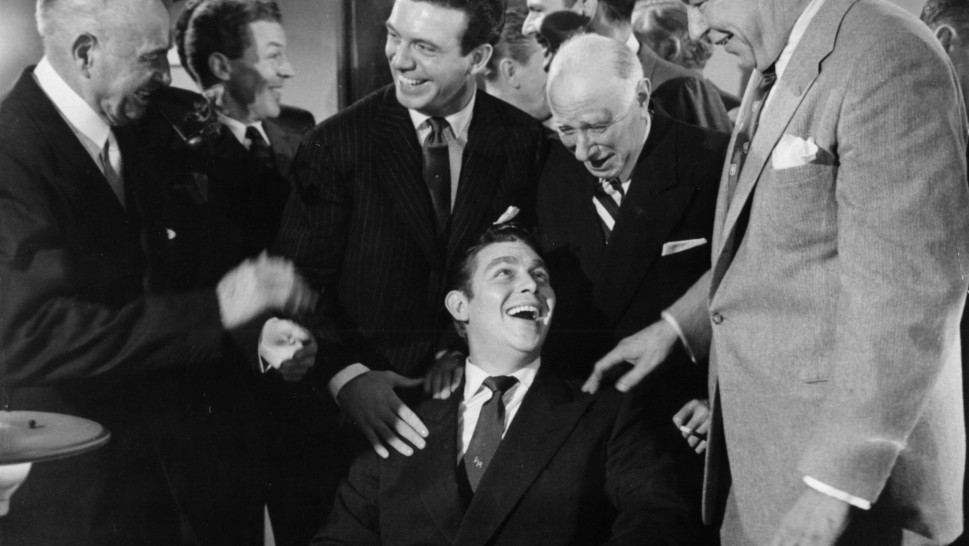
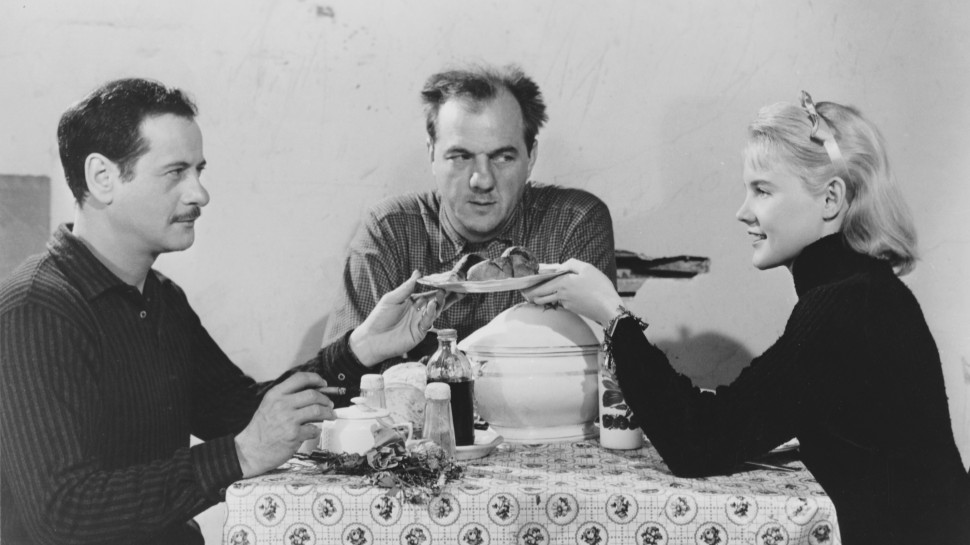
The Complete Elia Kazan
Elia Kazan (1909-2003) was a dominant and hugely influential force in the postwar American cinema, a director whose keen intuition and perspicacity made him almost impervious to the vicissitudes of the declining studio system and ideally suited to take advantage of the gradual shift towards independent production. Prolific in spite of Hollywood's dramatic ebbs, Kazan created a group of vital, emotionally intense and frequently controversial films that helped define American film history and popular culture.
Kazan, who found first success on Broadway in the 1930s, possessed a remarkable ability to reinvent himself as an artist—turning brilliantly and almost effortlessly from stage to screen and, eventually, to the novel. Driven by enormous—some have said ruthless—ambition, Kazan is simultaneously celebrated today as one of the great stage directors-turned-filmmakers and ceaselessly rebuked for his troubling voluntary testimony against former colleagues and companions during the notorious witch hunts orchestrated by the House Un-American Activities Committee in 1952. Many have debated whether the fluttering of an unsettled conscience can be heard within key Kazan films, most notably in On the Waterfront (1954). Yet none have questioned the strength, daring and complex subtleties of Kazan's greatest and most enduring films, from the still-potent critique of media-made politics hurled by A Face in the Crowd (1957) to the defiantly sordid vision of debased sexuality conjured by A Streetcar Named Desire (1951) and Baby Doll (1956), and The Arrangement's (1969) anguished, heady vision of the good life gone terribly wrong. A first-generation immigrant (he was born Elia Kazanjoglous, in Istanbul, to Greek parents), Kazan held the United States as perhaps his greatest and most intimate subject, one he explored with an acute sensitivity to the contradictions of American culture. Indeed, an unquenchable, tremulous searching for the deeper soul of the American experience gives a rare power and authenticity to such masterpieces as East of Eden (1955), Splendor in the Grass (1961), Wild River (1960) and America, America (1963).
Kazan's training and many years with the legendary Group Theater in the 1930s—as well as his time with the Communist-supported Workers Laboratory Theater—proved absolutely critical to his subsequent film career, first at Twentieth Century Fox and then as a highly sought after independent director. The Group Theater's quixotic devotion to commercially impossible productions honed the deep appreciation for collaborative, dialogic creativity which Kazan brought to his remarkable creative partnerships with a tremendous roster of great American writers: John Steinbeck, Tennessee Williams, Budd Schulberg, William Inge. The raw talent, resourcefulness and occasional genius of the Group Theater's stock company helped Kazan forge his enormous, uncanny talent as an "actor's director" able, time and again, to draw out career-defining performances from upcoming stars—Marlon Brando, James Dean, Kim Hunter—as well as veteran actors —Vivien Leigh, Montgomery Clift, Kirk Douglas. Yet Kazan's real fascination was less with those singular, scene-stealing performances than the mercurial chemistry between performers and their characters, and within relationships where mutual dependencies tear deepest into the dark secrets of the human heart. Kazan's greatest films remain unmatched for their ability both to illuminate the most intimate emotions and orchestrate sweeping, symphonic visions of a society's deepest anxieties and ambitions. The Harvard Film Archive is pleased to offer this complete retrospective as an occasion to celebrate and debate the films and legacy of Elia Kazan and to rediscover the many still unsung films—Panic in the Streets; Wild River; America, America; The Arrangement; The Visitors—that distinguish his legendary career.




